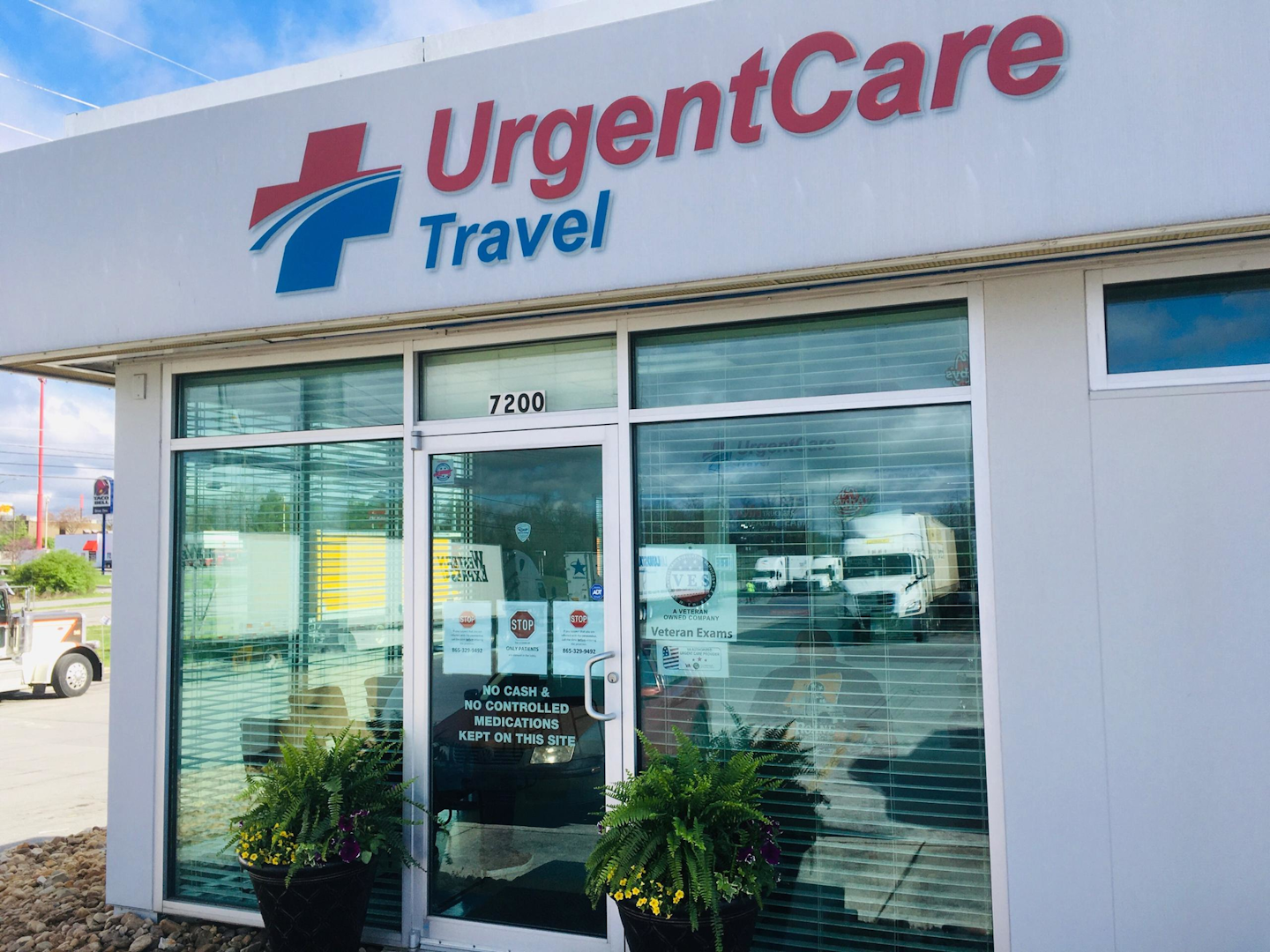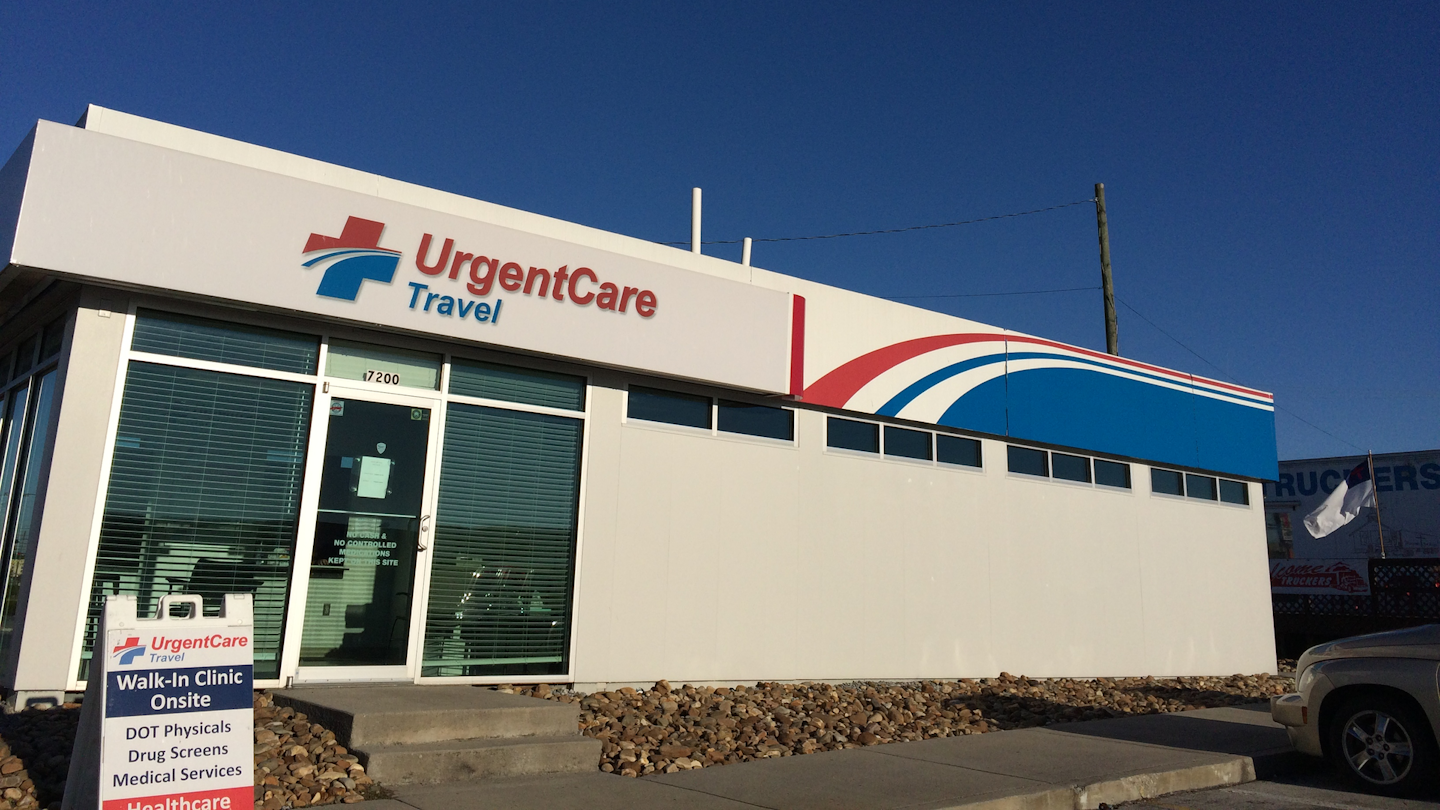First, the good news.
In general, the chances of a truck driver catching COVID-19 are small compared to other essential workers. They’re by themselves most of the work-day and come in contact with few people in their off hours. And, many shippers and receivers are practicing ‘no-touch’ and ‘no leaving cab’ encounters.
Now the bad news.
Because drivers are statistically unhealthier than the average American – often suffering a compromised immune system from hypertension, diabetes, obesity and sleep apnea – they are more susceptible to poor outcomes if they do contract the virus.
“[Being a driver] generally is low risk, as long as everybody follows the ‘no-touch’ rule, drivers don’t get out of their cab, don’t walk around the place, don’t shake hands, or stand too close to other people,” says Dr. Scott Rasgon, Medical Director at UrgentCare Travel, which operates clinics around the country to test drivers and others for the novel coronavirus. “The biggest concern I have is because of their comorbidities, like diabetes, hypertension, and obesity, which are all risk factors for having bad outcomes with COVID-19.”
Rasgon, who is a nephrologist and board-certified internist, notes that there is still much we don’t know about the virus. Nephrology is a specialty of medicine focused on the kidneys. “The thing we do now is the higher [amount of virus] you’re exposed to, the worse the outcome. If you were right next to somebody who was really sick, it might be bad. But understanding that when you have diabetes, not as much hypertension, but if you have really bad diabetes, your immune system is not as good as it would be if you were in good shape… but I don’t know if anybody’s studied [exactly] that.”
To help drivers determine if they have contracted COVID-19, UrgentCare Travel has set up 14 clinics at Pilot Flying J truck stops that can test for the virus. In order for a driver to get a test, they must first have a telemedicine evaluation. “You can be anywhere in the country,” says Mitch Strobin, Senior Vice President – Marketing and Relationship Management. “It’s a video call with one of our providers. Using the CDC guidelines, we ask you a set questions about your condition, any symptoms that you may be experiencing, have you traveled to a COVID-19 hotspot, do you live with someone… that’ll determine what your next steps should be.”
 Knoxville, Tenn. clinic.
Knoxville, Tenn. clinic.
He adds:” You can call any of our clinics, and say, ‘I’d like to get an evaluation.’ We set you up on a secure video platform, you click a link, and you’re ready to go. It takes minutes.”
If a driver’s symptoms indicate that a test is warranted, they will be directed to the nearest testing center. (If a patient’s symptoms are severe, they may be directed to the nearest hospital emergency room, Rasgon says.) “If you do meet the requirements for a test, we offer COVID-19 testing at our clinics,” says Strobin. “We do this in the most convenient and safest way possible. We will, if safety and weather conditions permit, conduct the test at your truck. We will submit it to the lab and get the results back (about 3 days). I know there’s a big push for the rapid test and we’re trying to get access to it, but we’re using the nasal swab test that’s widely available today.”
If a driver is nowhere near an UrgentCare Travel testing clinic, they will be directed to a testing facility that is nearby, says Strobin. “Pick a place… Cheyenne, Wyoming, for instance, where we don’t have a clinic. We will make a call and see if we can find where there is a testing site near to you or on your route. Obviously we will give you phone numbers of the state and/or local health departments so that you can talk with them, but we want to go the extra mile, as much as we can, to help you facilitate getting a test where you are, close to where you are, or at least on your route.”
What are the tests finding so far? “We’ve had hundreds of calls, but in terms of testing, I’d say a modest number of tests, under 50. I think we’ve had maybe one or two positives at most.”
Strobin says that his group tries to work with drivers in any way they can. If a driver isn’t versed with video chat, they can do a voice call. If they have a test prescription from their own doctor, they can still get the test done at one of their clinics. Strobin says that they’re also coming out soon with a web-based, self-evaluation tool. “We make it clear that you should work with a medical professional after you do the evaluation, but at least you’ll have a starting point for that evaluation. You’ll understand the questions, so that if you talk to us, which we would prefer, at least we’ve started that process.”
 Knoxville, Tenn. clinic.
Knoxville, Tenn. clinic.
The cost? “If you have major medical insurance, we take it,” he says. “If it’s a self-pay, it’s $25 for the telemedicine evaluation. If you come to a clinic for the test, the cost for everything which includes an in-person evaluation, prepping the test, sending it out to the lab… for all that the total is $125, but we apply it to the $25 you already paid for the telemedicine consultation – if you’ve used us for the telemedicine consultation.”
Strobin says that the biggest challenge for their clinics is one that many hospitals are experiencing: the availability of Personal Protection Equipment (PPE) for those working at their facilities.
Rasgon concludes: “Truck drivers are essential workers, like physicians, like police, like people who work in the grocery stores. Drivers are doing something that’s very important for the country, and we need to just make sure they’re healthy as much as we can.”
